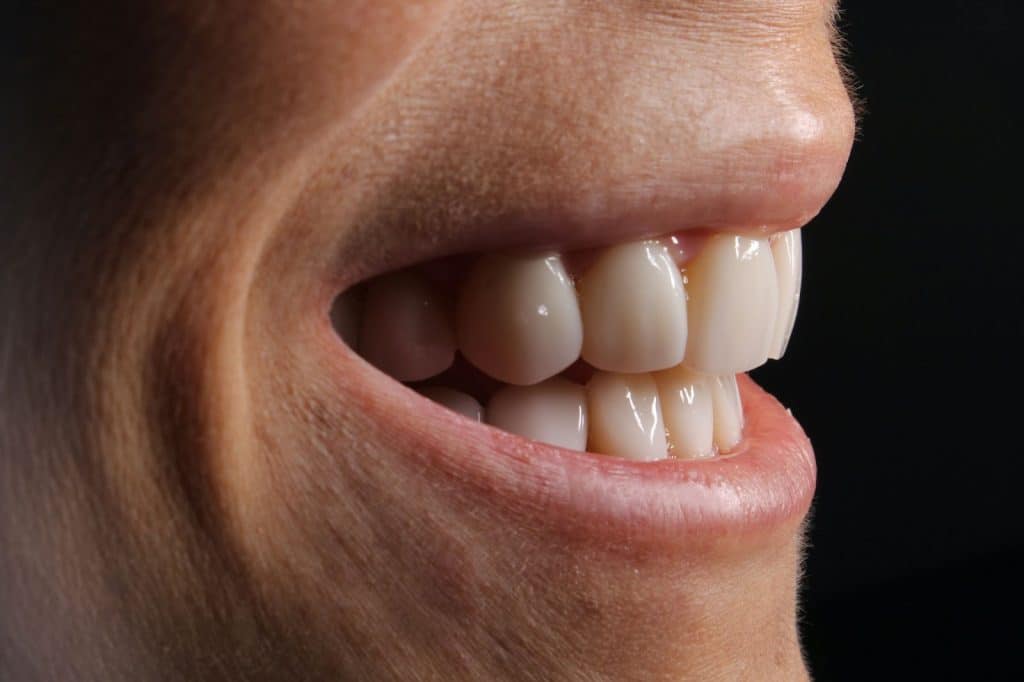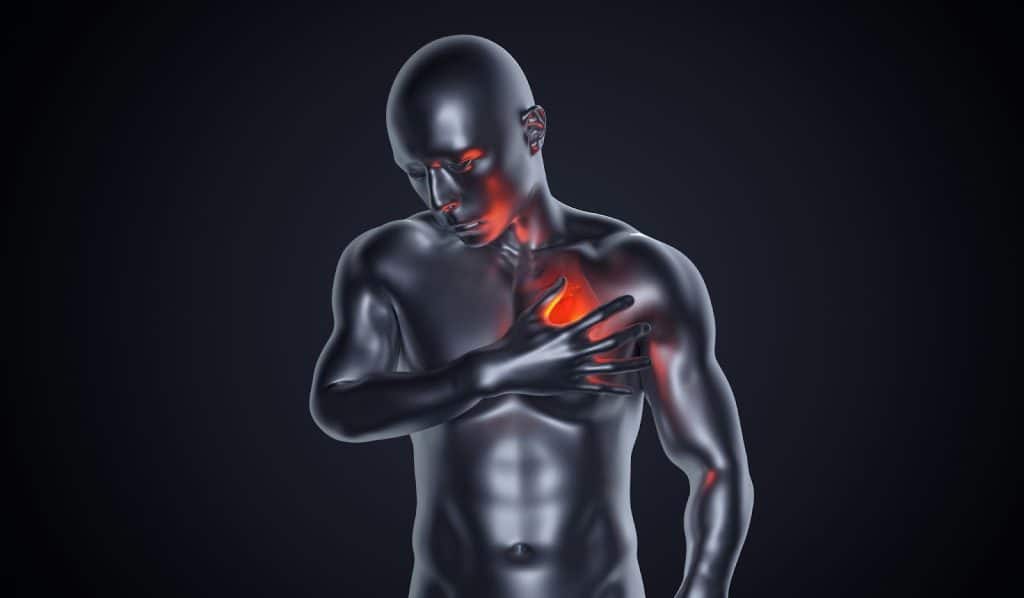
Stress often hides in plain sight. While many men brush off tension as “just tired,” the body may already be signalling overload. From muscle tightness to shallow breathing, signs can be subtle yet persistent. These early symptoms are often ignored until they build up. The body rarely stays silent for long.
Sudden Digestive Discomfort

Stress changes how the gut functions. Cramping, bloating, and irregular bowel movements may appear without any change in diet. The gut-brain connection means emotional strain directly affects digestion. What seems like a stomach bug could be unprocessed tension. Ignoring it risks longer-term imbalance.
Unexpected Muscle Tightness

Back, neck, and shoulder tightness can hit out of nowhere. It’s not always about posture, sometimes it’s prolonged tension held in the body. Men often carry stress physically, especially in areas linked to responsibility and burden. Massage can help, but so can emotional release.
Jaw Clenching or Teeth Grinding

Unconscious habits like clenching the jaw or grinding teeth during sleep are classic signs of stress. Many men don’t notice until jaw pain or headaches kick in. This tension builds over time, usually when worries aren’t being voiced. The body holds onto what the mind avoids.
Changes in Libido

Stress hormones disrupt testosterone levels and affect desire. A noticeable dip in sexual interest or function can be physiological, not personal. Many men feel shame around this, but it’s often just a signal that the nervous system is overtaxed. Rest, not performance pressure, helps restore balance.
Skin Breakouts or Irritation

Skin can flare up during periods of intense pressure. Acne, eczema, or unexplained rashes often have stress as a hidden cause. The skin is a mirror of internal overwhelm. Topical treatments help, but long-term relief comes from lowering emotional load.
Restless Legs or Twitching

When the body is on edge, it can’t fully settle. Involuntary muscle twitches, leg shaking, or restlessness during downtime are signs of a body stuck in stress mode. Even in moments of stillness, the nervous system doesn’t relax. It’s a cue to reset, not just push through.
Appetite Swings

Stress affects hunger hormones. Some men lose their appetite entirely; others overeat for comfort. These swings aren’t about discipline, they’re about regulation. When meals become inconsistent, it’s worth asking what emotions are being swallowed or suppressed.
Heart Palpitations or Tight Chest

A racing heart or sudden chest tightness can feel alarming. While not always serious, they’re signs the body is responding to stress signals. Even without a medical issue, this kind of feedback means the stress response is in overdrive. Slowing down becomes essential, not optional.
Delayed Recovery After Workouts

Stress impacts recovery. Sore muscles linger, and energy levels dip faster. When the body’s system is already stressed, it prioritizes survival, not rebuilding. For men who train hard, recovery struggles can signal the need for rest beyond the gym.
Trouble Concentrating or Finishing Tasks

Brain fog and forgetfulness aren’t always signs of age or distraction. Chronic stress reduces working memory and focus. Men under pressure may find themselves zoning out or losing track of simple things. The mind can only stay sharp when the body feels safe.
Sleep Feels Light and Broken

Even when exhausted, stress can prevent deep rest. Falling asleep might not be the problem, but staying asleep is. The body remains hyper-alert, cycling through light stages of sleep instead of deep recovery. This leads to daytime fatigue that doesn’t go away.
You Don’t Recognise Your Own Mood

Mood shifts creep in slowly. Irritability, numbness, or feeling distant from yourself can all be signs of physical stress. Men might not label it as anxiety, but the body already has. Emotional awareness often follows physical recognition.
Listening to the Body Changes Everything

When men begin paying attention to these signals, recovery becomes possible. It’s not about weakness, it’s awareness. Physical cues are early warning signs that allow for adjustment. The body is always in conversation. It just needs to be heard.
Turning Signals Into Self-Care

Recognising these signs isn’t enough, action matters. Stress won’t disappear on its own. Rest, boundaries, nutrition, and honest reflection are required. For many men, true strength is learning to slow down before breakdown. That’s where healing begins.






Ask Me Anything